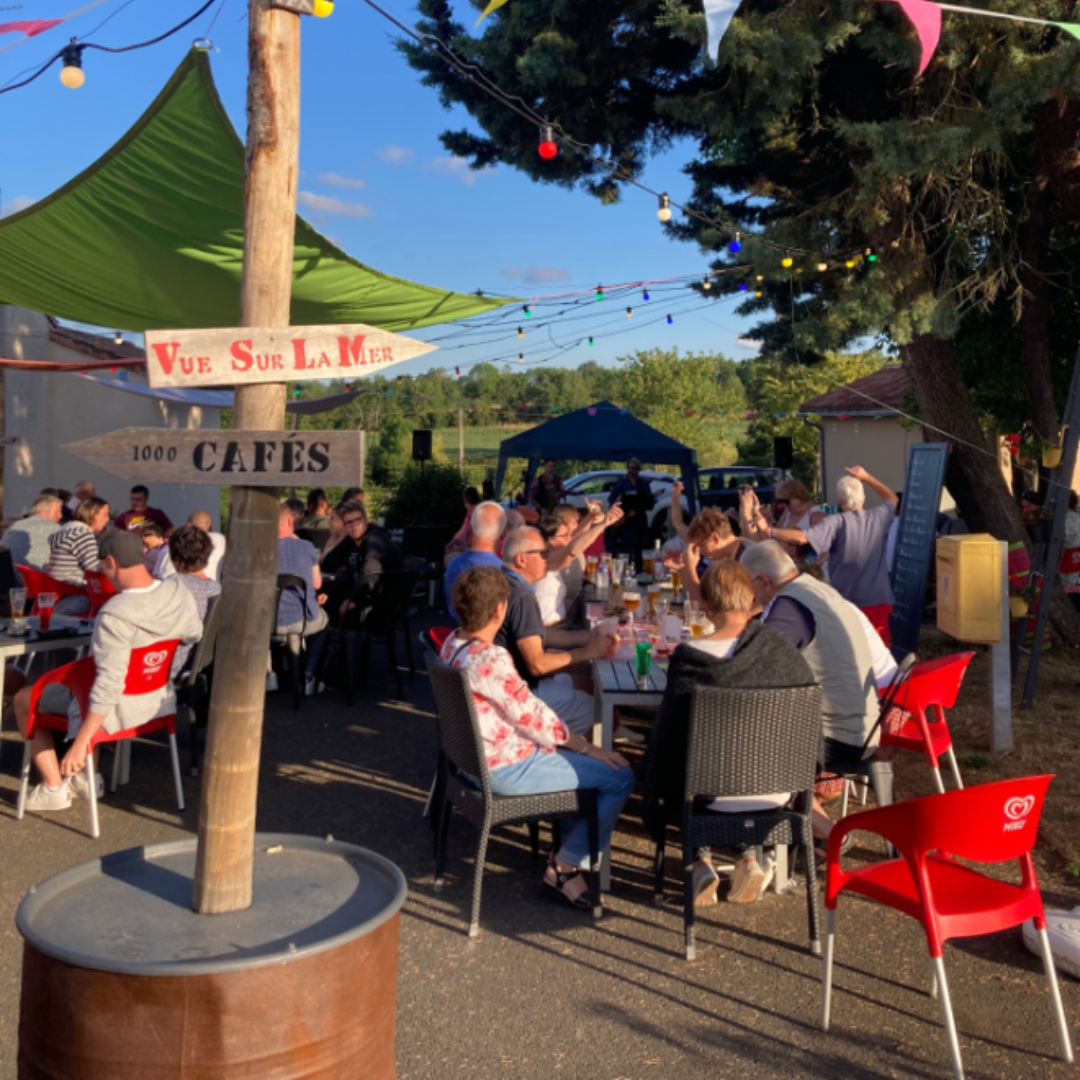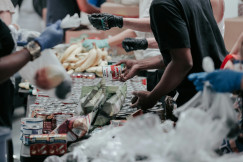Best practices
24 March 2025
Revitalising rural village Cafés: Developing and enhancing local life through local business
Best practices
24 March 2025
Urban and Rural Wellbeing
Proximity and social economy
Local employment
+5 more
Login / create an account to be able to react
-
23

The "1000 Cafés" program aims to open, sustain, and develop multi-service cafés in French villages with fewer than 3,500 inhabitants.
The various local services offered by these cafés - such as a bread depot, press stand, small grocery store, or parcel relay - are selected in collaboration with residents, local officials, and project leaders to meet the needs of the area.
As hubs for community-focused activities that foster social ties and conviviality, "1000 Cafés" places social innovation and co-creation at the heart of its cafés.
Today, the network includes 300 French municipalities across nearly 70 French departments where the program has been implemented.
Groupe SOS
Topics
France
Social Economy Entity
-
Thematic area
-
-
Urban and Rural Wellbeing
-
-
Interlinkages with other sectors
-
-
Proximity and social economy
-
-
Action areas and keywords
-
-
Local employment
-
Local Green Deals, green business communities and citizens’ initiatives
-
Local Markets
-
-
Ecosystem focus
-
-
Proximity economy
-
Social economy
-
-
Scope of activity
-
-
Local/neighbourhood
-
Share
Several studies establish a link between the increase in residents' well-being issues and the decline of social spaces. To address these inequalities, through the creation of social connections, access to local services, and support for collective projects, the "1000 Cafés" program was created in 2019.
The ambition of 1000 Cafés is to build solutions to develop and improve local life in rural areas. To achieve this, it develops action methods tailored to the needs of each community. The goal is to revitalize vulnerable areas, provide concrete solutions and projects to boost citizen participation, and create customized responses to societal challenges. These solutions are primarily aimed at the residents of these areas, involving them from the very beginning of their development.
The 1000 Cafés program implements several actions to revitalize rural areas, strengthen social links, and support inhabitants in their daily needs:
Animating a network: The program supports project holders and municipalities in opening and developing "the right café in the right place," adapting the model (entrepreneurial, associative, itinerant...) to the needs of each community. A customized support process is built, placing inhabitant involvement at the heart of each project. The program also animates a network of local partners, including local authorities, associations, and socio-economic actors, to strengthen local cooperation, ensure the relevance of the services offered, and support the cafés in the program with shared services and community-building activities.
Opening of cafés: The goal is to open new multi-service cafés in French villages with fewer than 3,500 inhabitants. These establishments are designed to meet the specific needs of inhabitants, offering services such as basic necessities sales, newspapers, parcel collection, etc.
Support for existing cafés: The program also supports cafés in operation that wish to diversify their services or enhance their social impact. This includes assistance with management, financing, or improving the services offered.
Development of innovative models: The program explores innovative solutions such as the itinerant café. This model creates temporary social spaces in remote or peri-urban areas, addressing challenges of mobility and access to services in certain regions. These mobile cafés provide essential services while fostering social connections.
Comments (0)
See also
-
39
Slovenia’s Green Urban Transformation: A Best Practice in Sustainable Urban Planning
- Categories
- Proximity and social economy Agri-food Construction +60 more
-
14
Rete Ricibo: A Strategic Approach to Combating Food Waste and Poverty in Genoa
- Categories
- Partnerships Regenerative Green Transition Skills +15 more
-
11
Cadore – Dolomiti s.c.s.: Building Inclusive Work in the Heart of the Dolomites
- Categories
- Regenerative Green Transition Skills Urban and Rural Wellbeing +25 more




